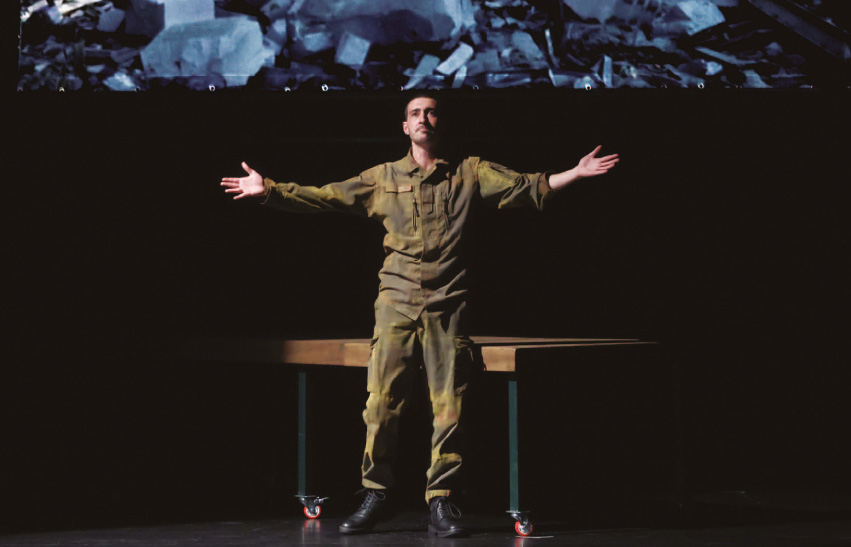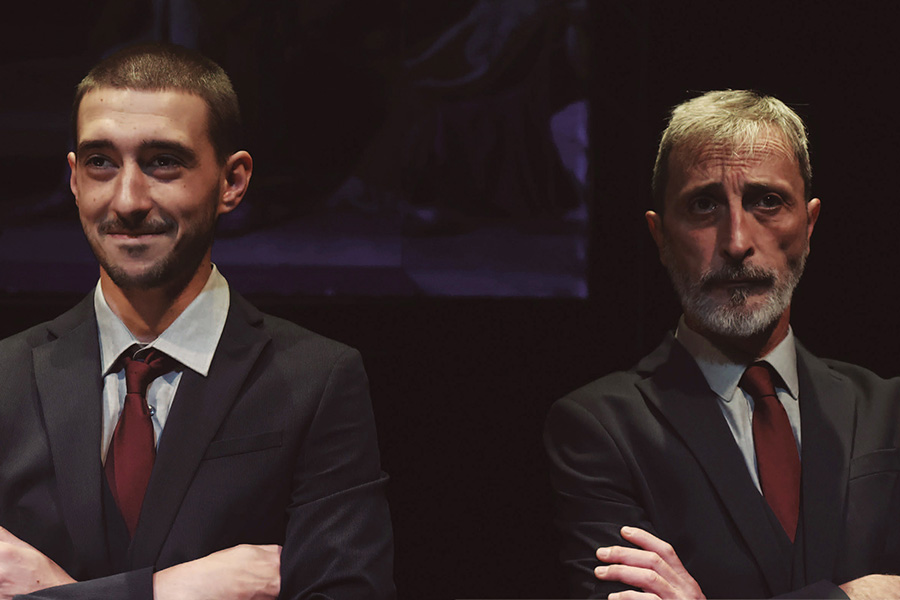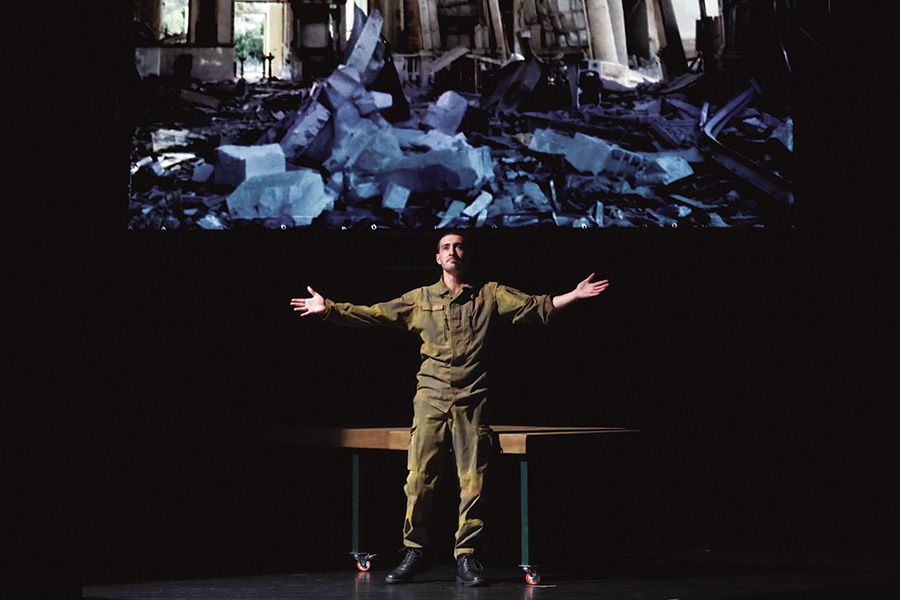5th century BC.. In Rome, democracy barely appears as we know it today. There is a food crisis due to high wheat prices: inflation. The people want to eat. A strike, a revolt, takes place, pitting patricians and plebeians in the streets, and their representatives in the senate.They have to choose the consul. The patricians propose the conservative Gaius Marcius, young but a military expert who hates the people. However, he needs his votes, he has to ask for them, beg for them, as a necessary step to be proclaimed Consul. A battle promoted by the Volscians against Rome is defeated by Gaius Marcius at Corioles. Gaius Marcius is now Coriolanus. He has won the battle of Corioles, but the political battle of Rome is over. Class struggle, the price of food, inflation: the validity of this text is extraordinary.
Shakespeare (1564-1616) copies the plot of Plutarch (350-432 BC)—sometimes literally—to compose Coriolanus, that is, he invents something already done, establishing an anachronistic dialogue between his before and his today. Likewise, this work is unthinkable without Machiavelli (1469-1527), one of whose maxims was that “the best strength of a ruler is not to be hated by the people,” and whom Shakespeare undoubtedly knew/read. On the other hand, our present dialogues with Shakespeare permanently. Finally, in 1605-8, the approximate years of Coriolanus’s writing, England was in the throes of a major political and economic crisis. The price of food has skyrocketed, the kingdom’s coffers are empty due to the wars with Ireland and the popular social classes emerge and rebel. With this breeding ground we drink from Shakespere, from Plutarch, from Machiavelli, we dialogue with him, with them, we try to imagine how Shakespeare would rewrite his Coriolanus today, and we do it immersed in our current times, in the validity of the text, and with similar motives. : try to understand/understand us better. Obviously we focus on the political plot, from the military plot we extract what intervenes in the future of the political plot. And we make decisions from our today that make the contemporaneity of Coriolanus overwhelming. We do nothing different today from what Shakespeare did yesterday: dialogue from the present with the past. Hence the title: Coriolanus, after William Shakespeare.



